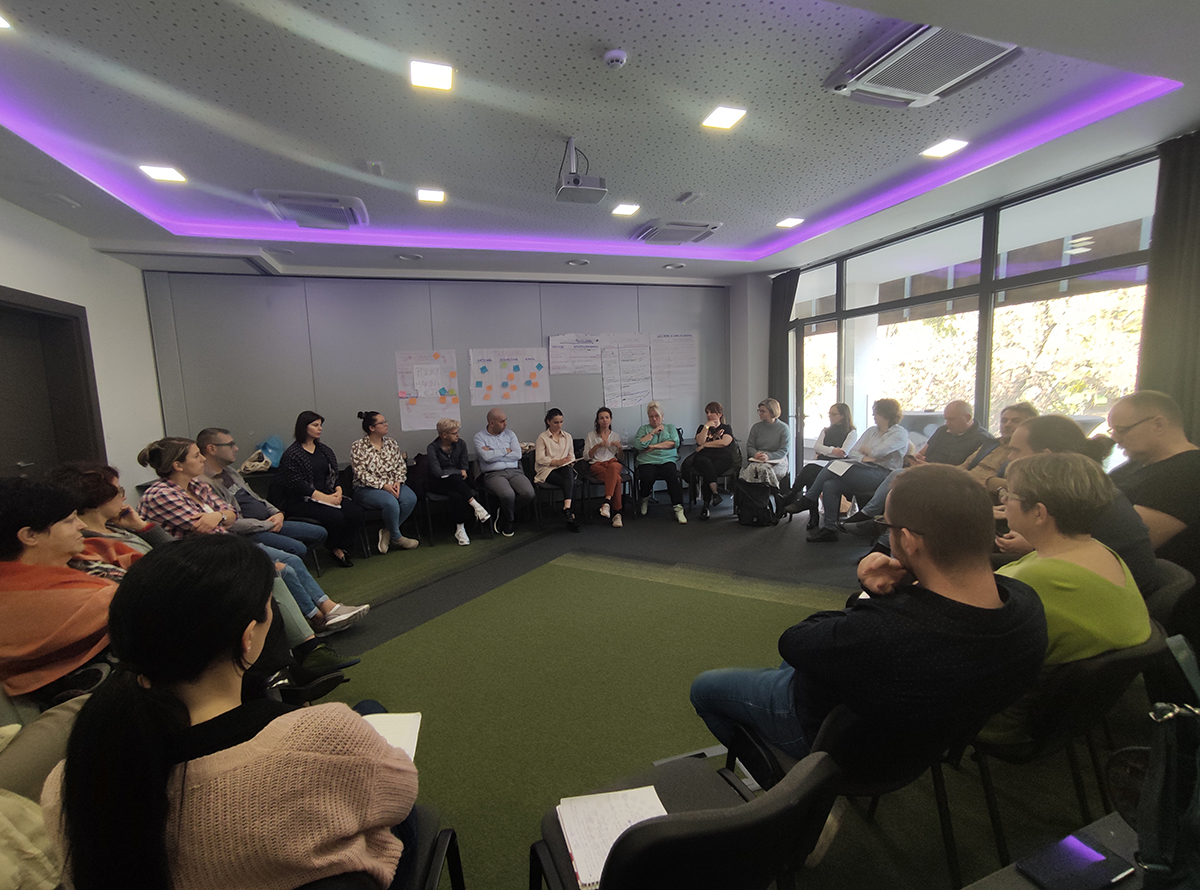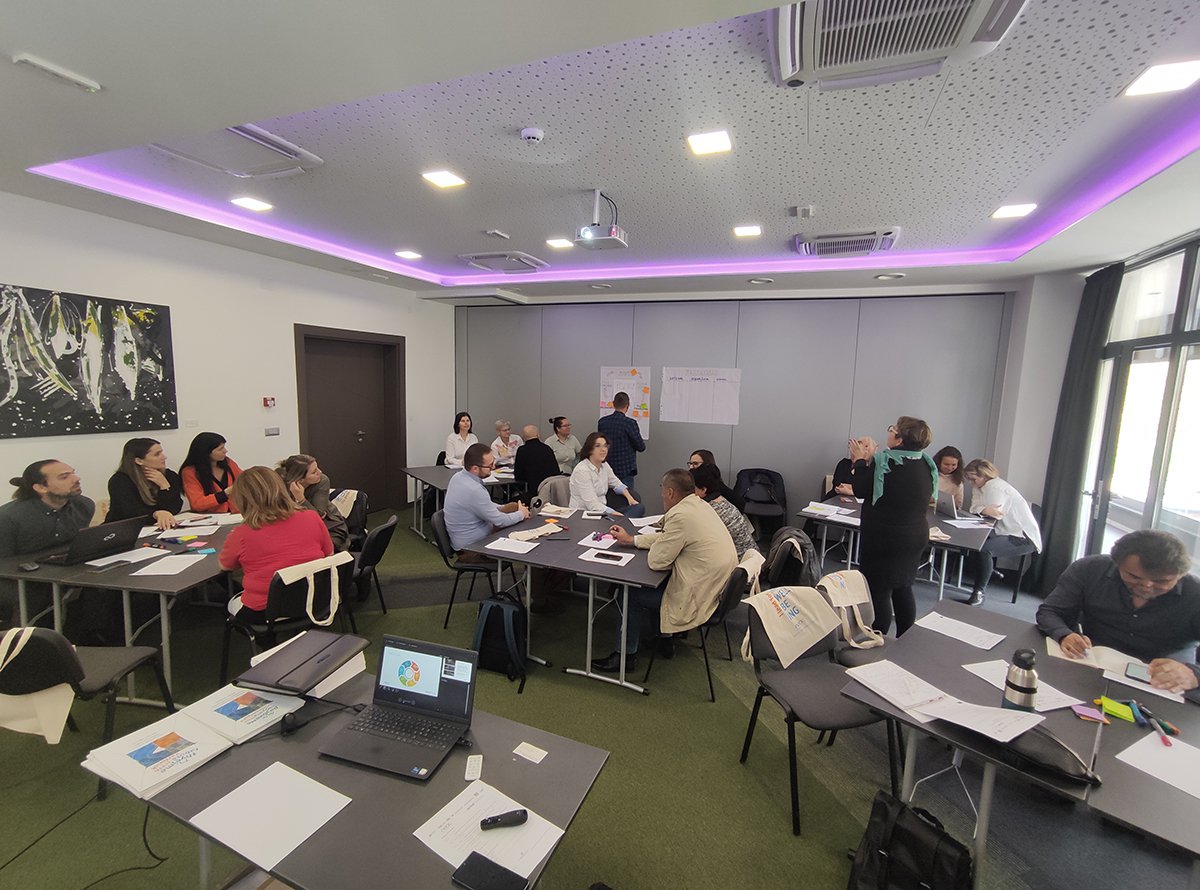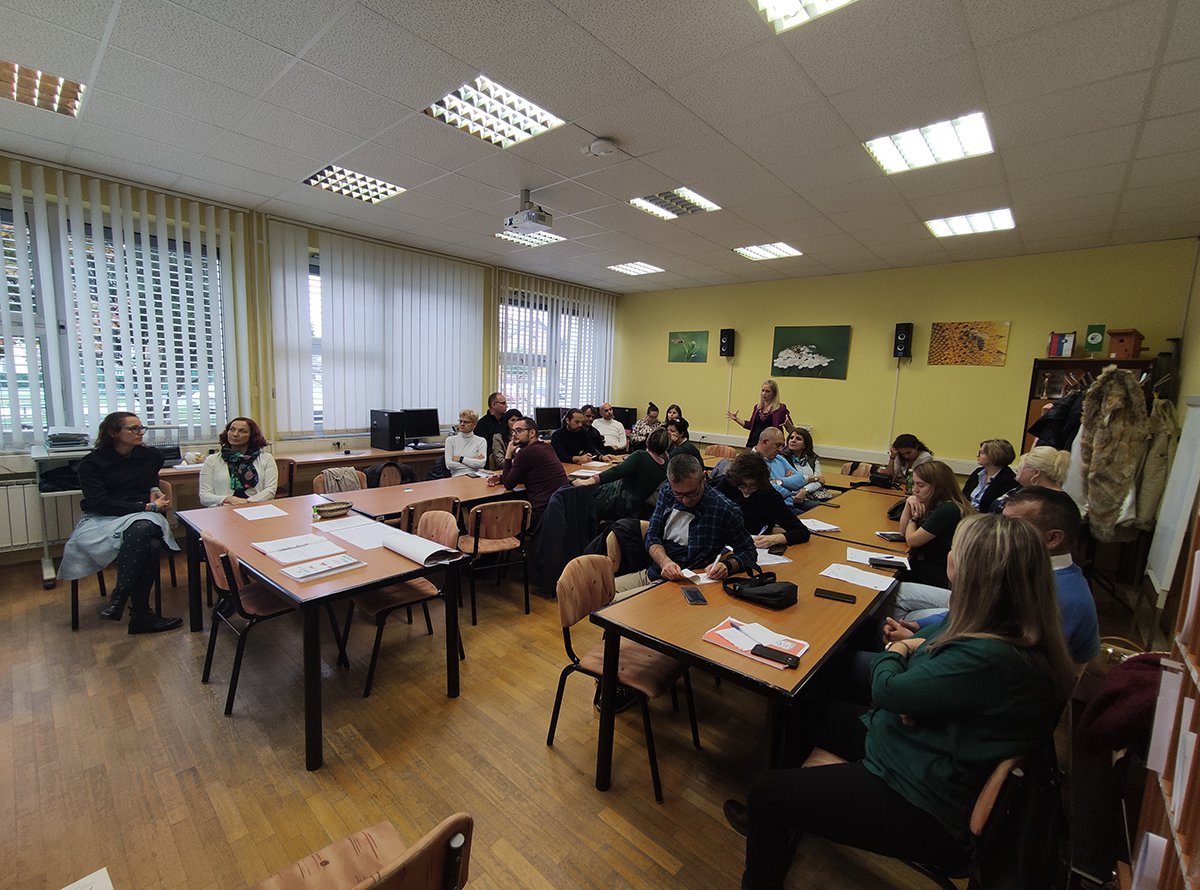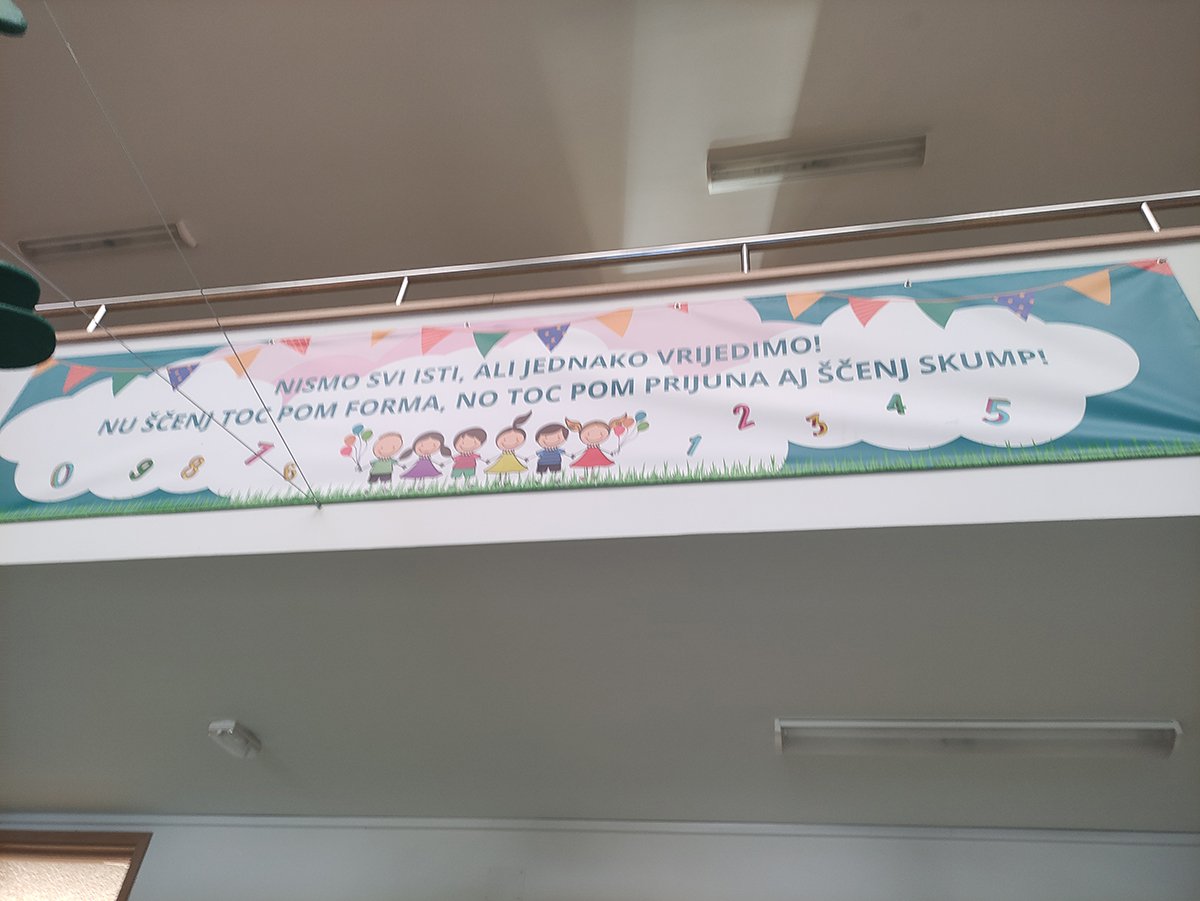The ARISE learning group consisting of representatives from ARISE Consortium, civil society, educational authorities, academia and schools has spent a week in Croatia and Slovenia to learn more about existing practices and policies to mitigate the effects of poverty on students’ wellbeing and achievement.

We have intensely and with great dedication dived into deep discussions about reducing inequalities on different levels. We opened up and tried to provide the perspective on the following questions:
- What is ‘quality’ in policy, school development, and community;
- How can national, regional, local or school policies address inequalities in education;
- How can schools and communities work together to reduce inequalities and support students from low SES background?
Extracting the indicators of quality education for all students

In order to prepare for the visits to the different stakeholders and actors that are addressing the challenge of supporting the students from low SES and taking actions to reduce the inequalities, ARISE Learning group addressed the initial question, how do we understand quality in policy, school development and community?
The ARISE learning group discussed concepts of quality education, policy-making, and well-being as well as presented the model of the School Development Programme on which the school interventions in the ARISE projects are based and the internal results of the baseline study that was implemented before the intervention in schools in order to be able to measure the impact of our interventions.
Over several sessions of combining new and old knowledge, introspection, discussions, and reflections, the learning group extracted factors of quality (intersectoral cooperation, evidence-based policy development, policy cycle implementation, transition, safe environments, accountability, respect for diversity etc.) in different areas and what questions we need to ask to understand if the quality is present at a certain level, as a framework for observing the practices and policies during the visits to schools, local authorities and communities.
Quality early childhood education and universal policies are the path toward quality education for all

During the study visit, policies addressing the inequalities in the education from different levels (national, regional/local) were presented.
On the national level, we learned about Slovenian national policies toward reducing inequalities in education and the challenge they are facing as in the national policies with most of the measures focused on students with low academic outcomes, rather than on the students facing different obstacles within the educational system. The regional policy level perspective for policies toward reducing inequalities in early childhood and primary education was presented by the Međimurje county while local level from Municipality Mala Subotica and Municipality Orehovica representatives. They provided the regional/local contexts as well as the key strategical documents, projects and activities related to the education of children at risk (poverty, special educational needs). The most important lessons taken from there were the positive effect that access to quality early childhood education can have on the elimination of the deprivations caused by poverty, as well as the positive effect of universal policies such as free meals, textbooks, transport for all, can have on the wellbeing of all students.
School as a place of encounters within the community!

Schools (Primary school Mala Subotica, Primary school Orehovica, Primary school Tišina) and community teams (Roma Settlement Parag, Roma Settlement Orehovica, Médicins du Monde) provided us with many inspiring and relevant practices for reducing the inequalities in education they are implementing. They are often supported by the national system, County, Municipality, EU or different non-governmental organizations. However, what seems as the biggest obstacle is the lack of a systematic approach. The sustainability of these actions, no matter how good the results they show or how significant their impact is, often is in question.
The cooperation between schools, local communities and the nongovernmental sector built on trust and the belief that we are all diverse but have the same value as the moto of Orehovica school states (see the photo above in Croatian and Baysh language) is what makes the communities we visited places where care for every child is at the core of all their activities.
Several examples were presented where short-term actions evolved and became supported by the relevant stakeholders, which leads to the biggest lesson of the study visit: it is a matter of responsibility and accountability of the relevant educational stakeholders to provide quality (education, policies, practices) in the given circumstances while always striving and advocating for better.
